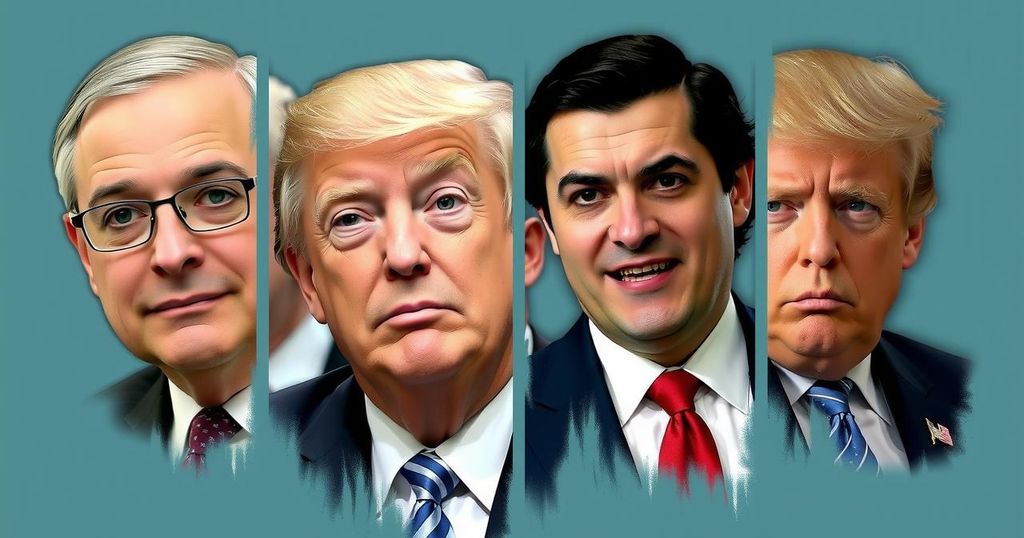President Prabowo Subianto’s plan to pardon corrupt individuals returning stolen assets has faced criticism, suggesting it could encourage increased corruption. Lakso Anindito from IM57+ expressed concerns that such measures undermine deterrence and fail to tackle the core issues of corruption. He proposed focusing on asset recovery and law enforcement independence instead, highlighting the need for robust strategies in the fight against corruption.
President Prabowo Subianto’s proposal to pardon individuals convicted of corruption upon returning stolen assets has met significant criticism. Lakso Anindito, the Chairman of the Indonesia Memanggil 57+ Institute (IM57+), contended that such pardons would undermine the deterrent effect of penalties associated with corruption, potentially leading to a rise in corrupt practices. Lakso emphasized that addressing corruption requires a more robust approach, such as the implementation of the Asset Forfeiture Law and ensuring the independence of law enforcement agencies. In his address to Indonesian students at Al-Azhar University, Prabowo articulated his vision of providing corrupt individuals with an opportunity for redemption while protecting their identities, a stance he believes could facilitate the return of illicit gains. However, critics warn that this approach could merely rationalize criminal behavior rather than resolve the underlying issues of corruption in the nation.
The ongoing issue of corruption in Indonesia remains a pressing concern for governance and public trust. President Prabowo Subianto’s proposal to offer pardons to corruptors who return their ill-gotten gains aims to address this challenge by possibly incentivizing restitution. Nevertheless, critics highlight that simply providing amnesty without addressing systemic problems may exacerbate corruption, discouraging preventative measures and rigorous law enforcement actions. The debate raises important questions about the effectiveness of such policies in the fight against corruption and the potential implications for the future.
In summary, President Prabowo Subianto’s initiative to pardon corrupt individuals under specific conditions has sparked opposition from various quarters. Critics, including Lakso Anindito of IM57+, argue that this policy may inadvertently encourage corruption rather than mitigate it. Moving forward, a comprehensive strategy that focuses on stricter law enforcement and asset recovery may be more effective in tackling the deep-rooted issues of corruption in Indonesia.
Original Source: en.tempo.co






